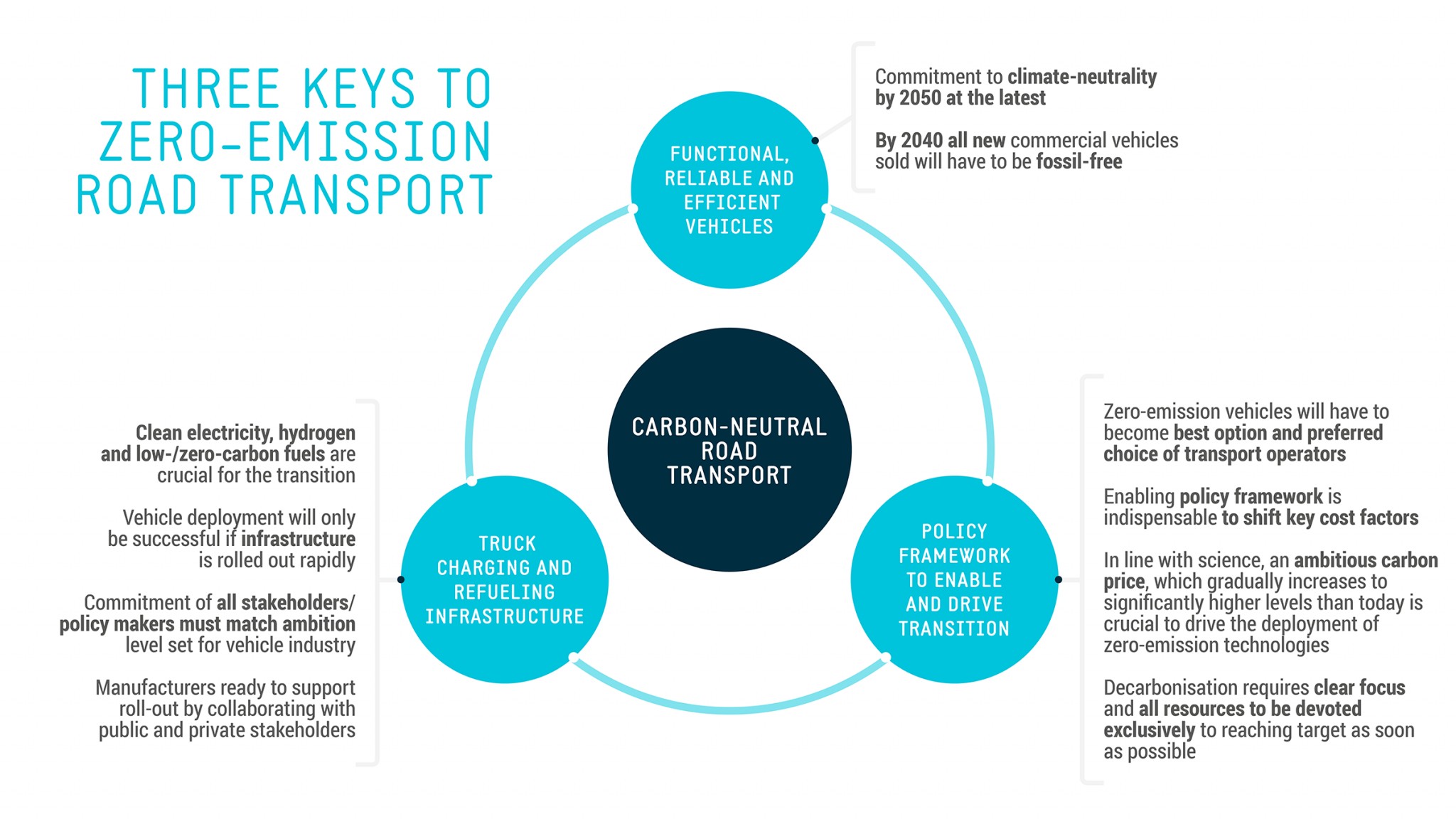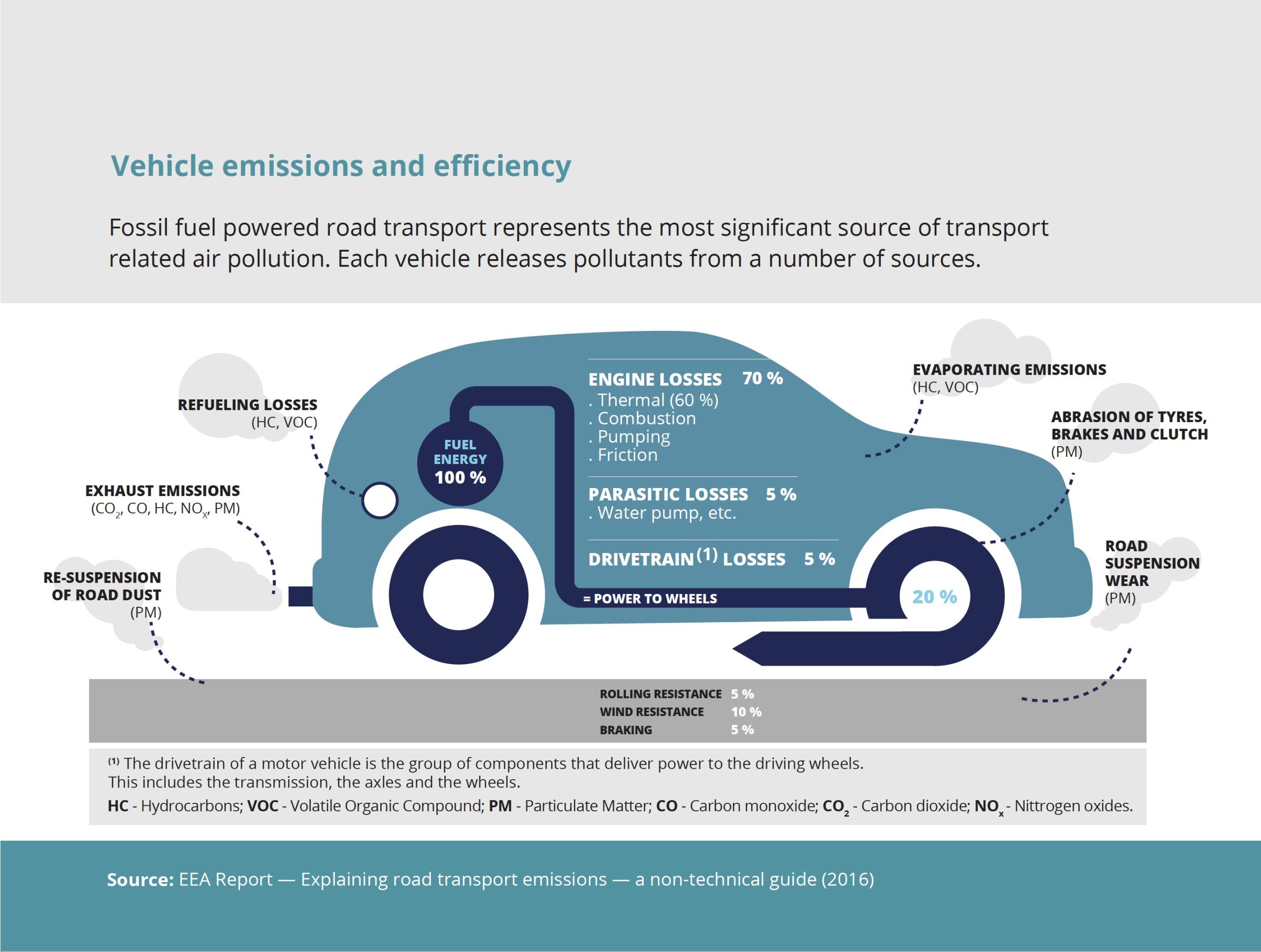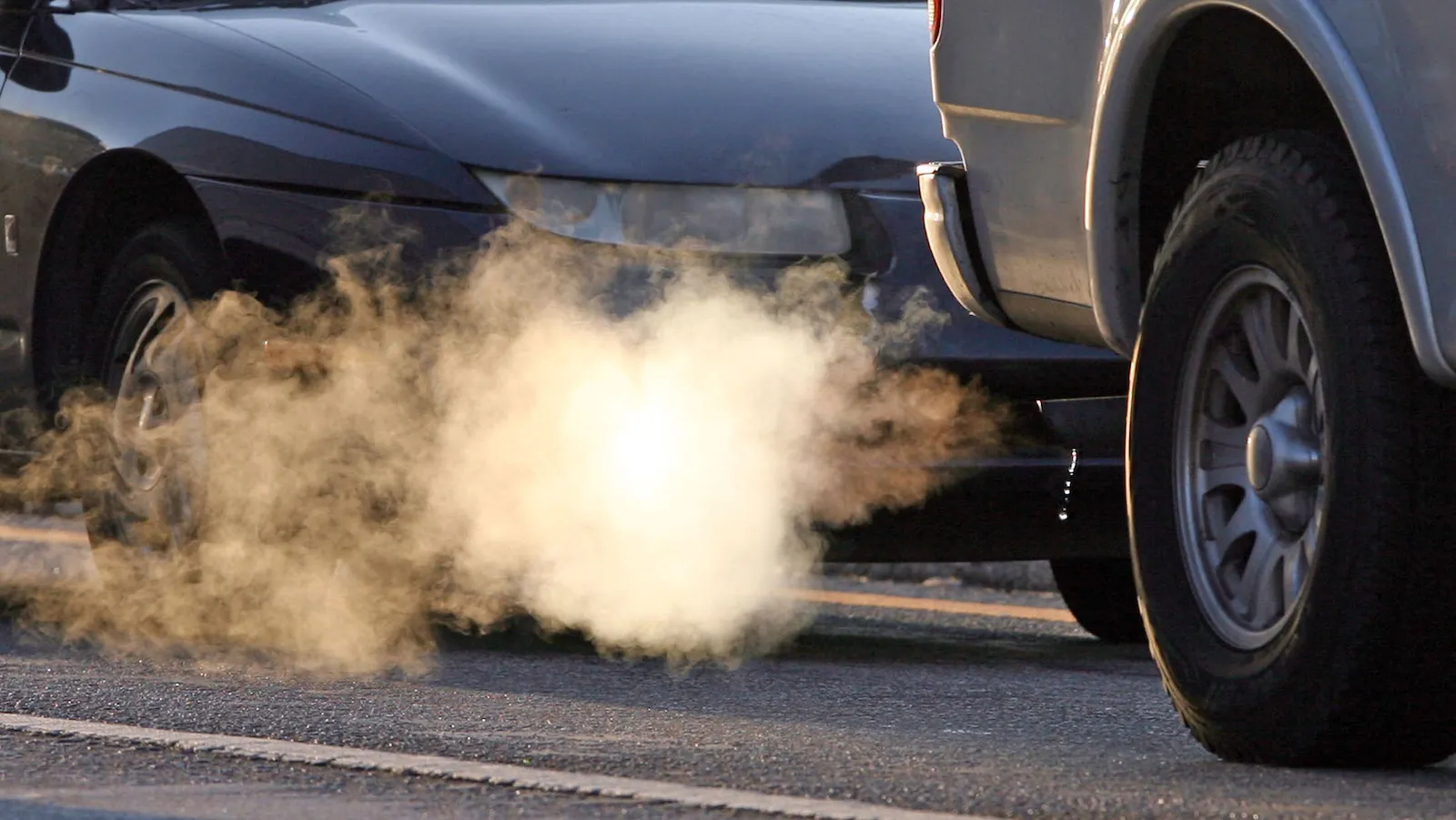As environmental concerns grow, car emissions regulations have become a hot topic of debate worldwide. These regulations are designed to limit the amount of harmful pollutants emitted by vehicles, contributing to cleaner air and a healthier environment.
Advocates argue that stringent emissions standards are necessary to combat climate change, reduce air pollution, and protect public health. They point to the significant role that transportation plays in greenhouse gas emissions and the urgency of transitioning to cleaner technologies.
On the other hand, critics claim that such regulations can lead to overregulation, imposing unnecessary burdens on the automotive industry and consumers. They argue that the costs associated with complying with strict emissions standards can drive up vehicle prices, limit consumer choice, and potentially stifle innovation.

Moreover, some believe that the market should be allowed to self-regulate, with advancements in technology naturally leading to more efficient and cleaner vehicles over time. In this essay, we will explore both sides of the argument. First, we will examine the necessity of car emissions regulations, considering the environmental and public health benefits.
Then, we will look into the perspective that views these regulations as overregulation, analyzing the potential economic and technological impacts. Through this balanced exploration, we aim to provide a comprehensive understanding of this complex issue.
Necessary Action: The Case for Car Emissions Regulations
Car emissions regulations are a critical tool in the fight against climate change and air pollution. Transportation is one of the largest sources of greenhouse gas emissions, with vehicles contributing significantly to the problem. By setting stringent emissions standards, governments can drive the adoption of cleaner technologies, such as electric and hybrid vehicles, which produce fewer pollutants. This transition is essential for reducing the carbon footprint and mitigating the effects of global warming.
Moreover, emissions regulations have a direct impact on public health. Pollutants from vehicle exhaust, such as nitrogen oxides, particulate matter, and carbon monoxide, are linked to a range of health issues, including respiratory problems, cardiovascular diseases, and premature deaths. By reducing these emissions, regulations can improve air quality and protect the health of populations, particularly in urban areas where vehicle density is high.

Regulations also incentivize innovation within the automotive industry. Faced with the need to comply with emissions standards, manufacturers are encouraged to invest in research and development of more efficient and environmentally friendly technologies. This can lead to advancements in engine design, fuel efficiency, and alternative fuel sources, ultimately benefiting both the environment and consumers.
In addition, car emissions regulations can have economic benefits. The growing demand for cleaner vehicles can create new markets and job opportunities in sectors such as renewable energy, battery production, and electric vehicle manufacturing. Governments can also leverage these regulations to promote energy independence by reducing reliance on fossil fuels and investing in sustainable infrastructure.
While there are costs associated with implementing and complying with emissions regulations, the long-term benefits far outweigh these expenses. The transition to a cleaner transportation system is crucial for addressing environmental challenges, safeguarding public health, and fostering sustainable economic growth.
Overregulation: The Argument Against Car Emissions Regulations
Critics of car emissions regulations argue that they can lead to overregulation, imposing significant burdens on the automotive industry and consumers. Complying with stringent emissions standards often requires substantial investment in new technologies and manufacturing processes. These costs can be passed on to consumers in the form of higher vehicle prices, making it more difficult for people to afford newer, cleaner cars.
Additionally, overregulation can limit consumer choice. As manufacturers focus on meeting emissions standards, they may phase out certain vehicle models or engine types that do not comply, reducing the variety of options available to consumers. This can be particularly challenging for individuals and businesses that rely on specific types of vehicles for their needs.
There is also concern that excessive regulation can stifle innovation. While regulations are intended to drive technological advancements, they can sometimes create barriers to entry for new companies and limit the flexibility of established manufacturers. Smaller companies, in particular, may struggle to meet the regulatory requirements, reducing competition and potentially slowing the pace of innovation.

Moreover, some argue that market forces should be allowed to drive the transition to cleaner vehicles. As consumer awareness of environmental issues grows, there is increasing demand for more efficient and eco-friendly cars. This natural market-driven evolution can lead to the development and adoption of cleaner technologies without the need for stringent regulations.
Finally, it’s important to consider the global context. Not all countries have the same capacity to implement and enforce emissions regulations. Developing nations, in particular, may face significant challenges in aligning with international standards, leading to disparities in global emissions reduction efforts.
While car emissions regulations are designed to address important environmental and public health issues, it is crucial to find a balance that avoids the pitfalls of overregulation. Policymakers must carefully consider the economic and technological impacts of these regulations to ensure they achieve their intended goals without imposing undue burdens on the industry and consumers.
Car emissions regulations are a complex and multifaceted issue with significant implications for the environment, public health, and the economy. While the necessity of these regulations is clear in the fight against climate change and air pollution, it is equally important to address concerns about overregulation. By finding a balance that encourages innovation and consumer choice while effectively reducing emissions, we can work towards a sustainable future that benefits all.

